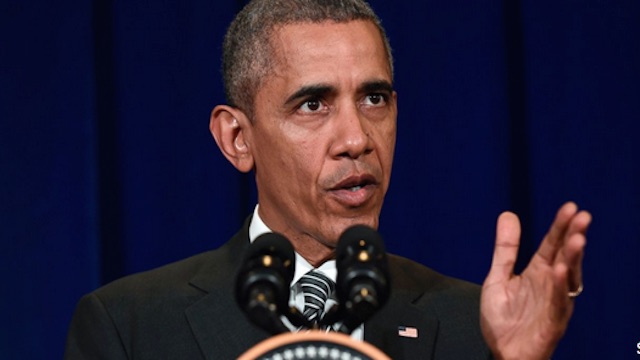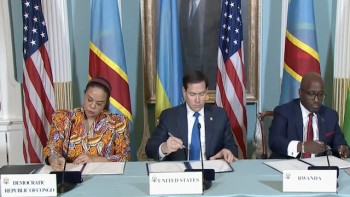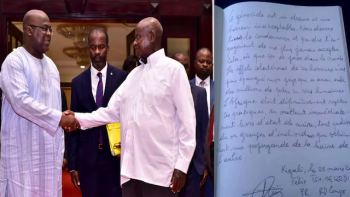"In that regard, we need to unite. We need to show global solidarity to address the common enemy of ISIL, Daesh, some other extremists and terrorist groups ... [we] highly commended the leadership of the Russian Federation together with the United States to address some of the root causes of terrorism," the UN Secretary General Ban Ki-moon has said, during the Annual East Asia Summit in Kuala Lumpur, calling on Russia and the United States to join their efforts to combat terrorism.
Saying that terrorists and ideology extremists must be "defeated in the name of humanity," Mr Ban Ki-Moon disclosed that the United Nations Organization (UN) is currently crafting a "comprehensive plan of action to defeat violence and extremism," by assembling information and gathering ideas and experience from its member states and plans. The plan is expected early next year.
The 27th Association of Southeast Asian Nations (ASEAN) summit in Kuala Lumpur, Malaysia, was held in the wake and middle of terrorists attacks by Islamist extremists in Africa, Asia, and Middle-East. On Friday, Islamist militants killed 19 people, including six Russians, in an attack on a luxury Radisson Blu hotel in Mali. Friday's assault came a week after militants killed 130 people in gun and bomb attacks in Paris, an attack claimed by Islamic State, and three weeks after a Russian airliner was downed over Egypt by what Moscow and Western governments say was a bomb, killing all 224 people aboard. Belgian Prime Minister Charles Michel has ordered closure of schools as Brussels remains paralyzed by a state of emergency for imminent terrorist attack.
What Strategy?
As the strategy is being crafted, one may wonder whether the root causes sought by the United Nations are not really known. In fact, there is a pattern of precedents in all the areas affected by terrorism from Islamist extremists, whether in the Middle-East, Northern Africa, West Africa or East Africa: the lack of democracy and the support of select dictators by the West, Russia, or China. With democracy, there would not be terrorists like ISIL, Daesh, Boko Haram, Al-Shabab, Al-Quaeda and affiliated, or Ugandan Allied Democratic Front (ADF).
Hence, as the United Nations Organization seeks to formulate a strategy, the first step would be to require current dictators to refrein from clinging to power. The next step should be to make sure dictatorships are abolished or banned from the United Nations.
Bashar Hafez Al-Sad, General Mohamed Siad Barre, Saddam Hussein, Muammar Ghaddafi and all past and present African, South American and Asian dictators should not have been allowed to access or remain in power.
Current leaders seeking to cling to power, through military force, changing the constitutions, or political repression should not be allowed to do so. The new phenomenon of changing constitutions in Africa should be fought early on, with drastic economic, diplomatic, and political measures. African leaders in that category include Equatorial Gunea's Teodoro Obiang Nguema Mbasogo, Zimbabwean's Robert Mugabe, Ugandan Yoweri Museveni, Republic of the Congo's Dennis Sassou Nguesso, Burundian Pierre Nkurunziza, Angola's José Eduardo dos Santos, DRC's Joseph Kabila and Rwandan Paul Kagame.
In fact, dictatorships appear to constitute the fertile grounds for extremists to grow. Uprooting dictators and promoting democracy may be the only way to starve such extremism of life. That is where the United Nations, the West and Russia should focus.

















